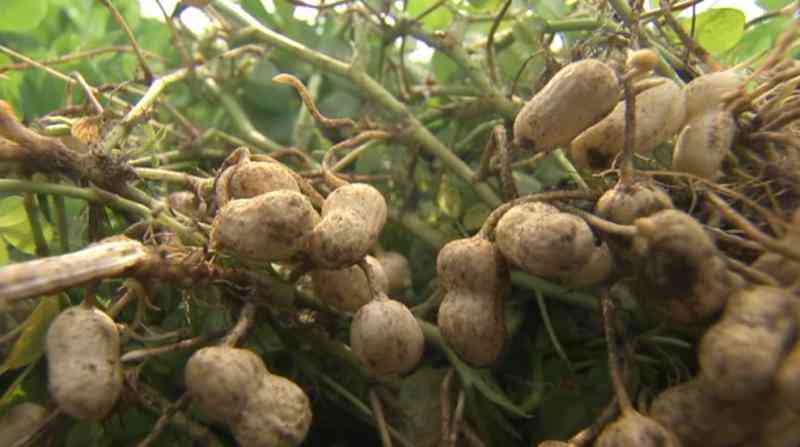×
The Standard e-Paper
Fearless, Trusted News

Nyeri County is ranked among the top counties with a large number of patients suffering from non-communicable diseases.
Health experts in the county have urged residents to venture into groundnut farming to curb the rising lifestyle diseases.